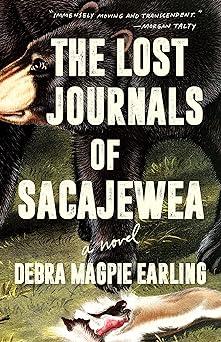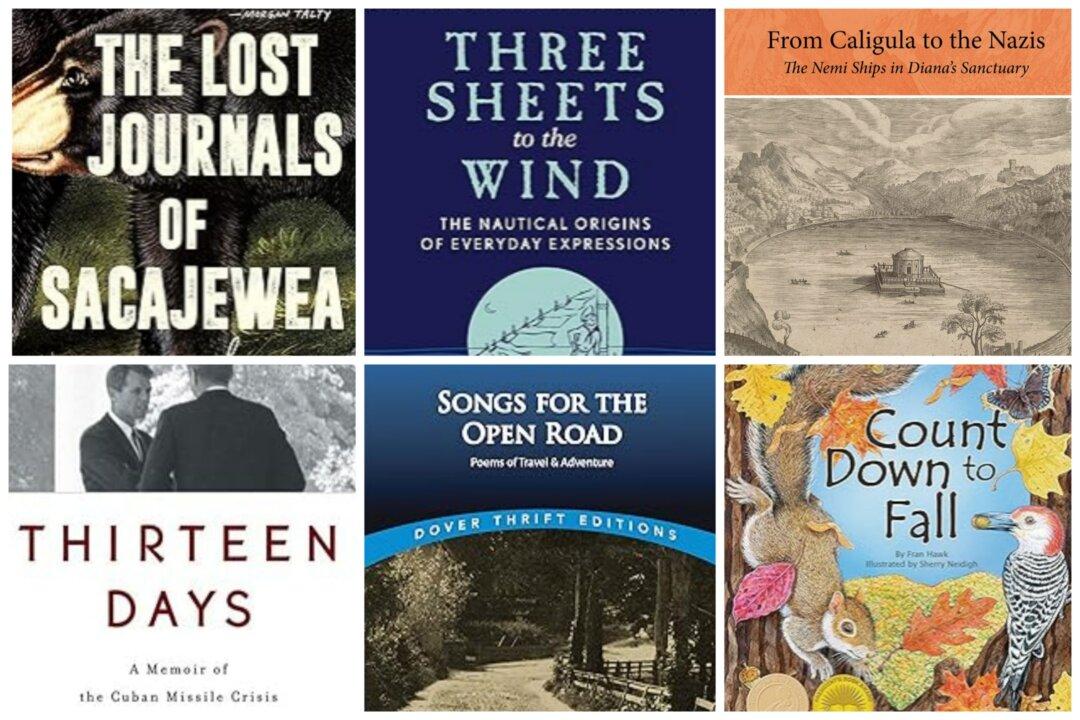This week, we feature a fictional retelling of the life of Lewis and Clark Expedition guide, Sacajawea, as well as a handy guide to the origins of “seaworthy” seafaring expressions.
Historical Fiction

‘The Lost Journals of Sacajewea’
By Debra Magpie Earling





